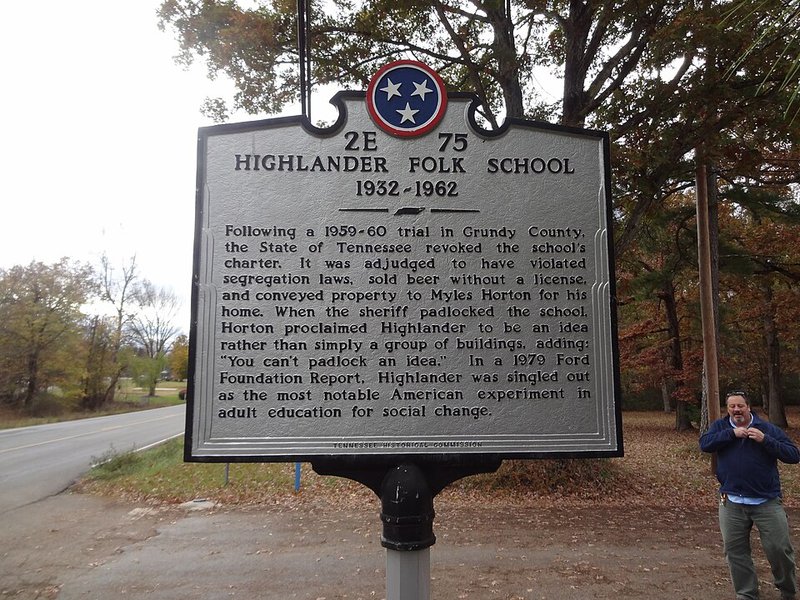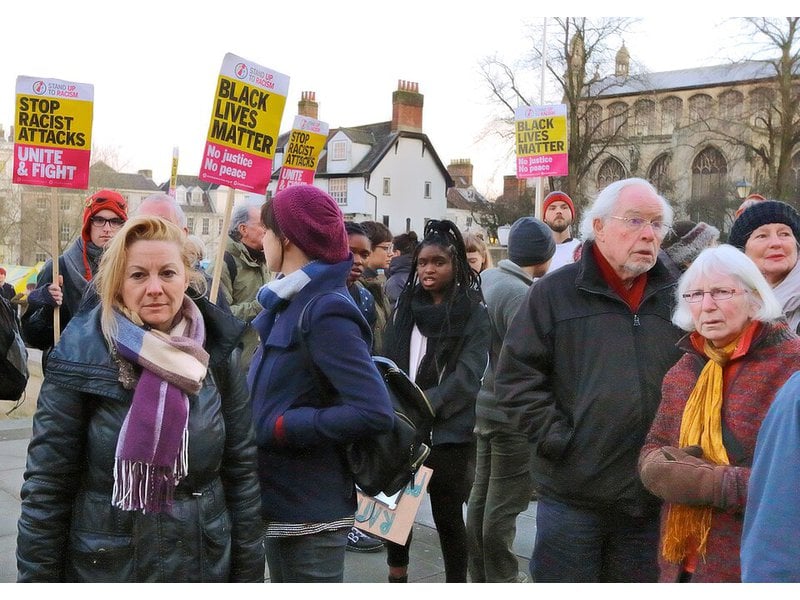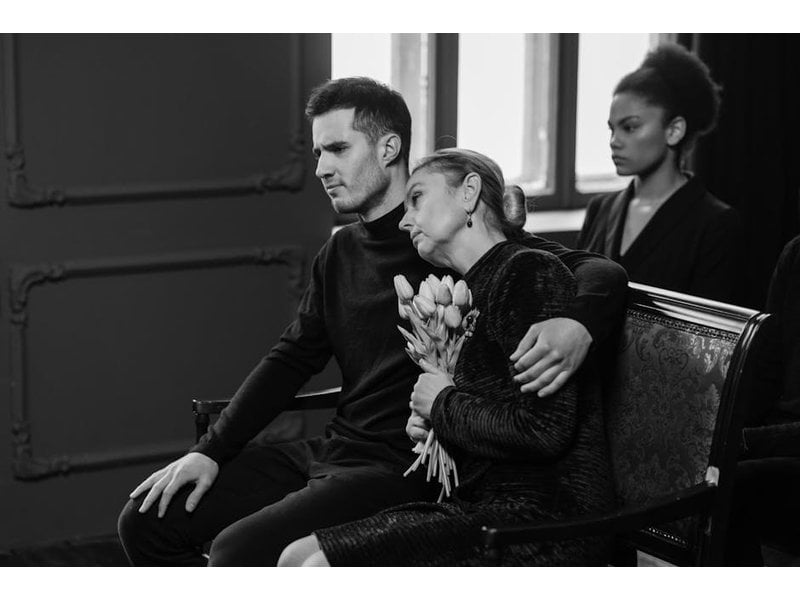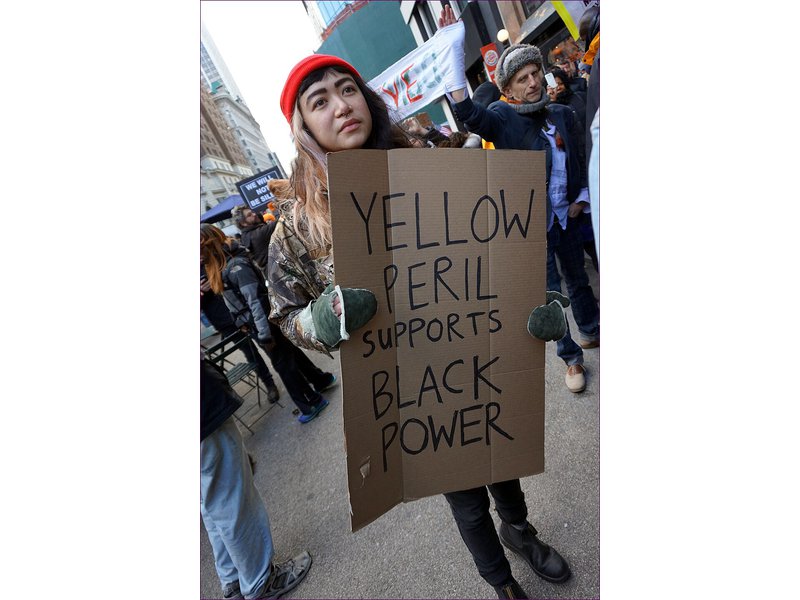119 economic shutdown

"An economic shutdown occurs, producing economic paralysis, when the workers strike while management, businessmen, commercial institutions, and small shopkeepers simultaneously halt their economic activities; this method thus includes characteristics of both strikes and economic boycotts. Tendencies in this direction may occur in general strikes for widely supported political objectives. Economic shutdowns vary in the extent to which the different types of economic activities are shut down and the extent to which businessmen, management, and so on, participate, just as participation in the general strike ranges widely."...
High scoring campaigns using this method
Historical cases from the Nonviolent Action Database that used this method
German citizens defend democracy against Kapp Putsch, 1920
In March 1920, Walther von Lüttwitz, a commanding general in the German army, and Wolfgang Kapp, a German provincial official (with the help of a few other German officials, such as Chief of Staff, General Hans von Seeckt and his collaborators in the...
Guatemalans overthrow a dictator, 1944
Beginning in 1931 Jorge Ubico ruled Guatemala with an iron fist with the help of the vicious secret police. He admired Hitler’s tactics. By the summer of 1944, a similarly brutal dictator, Maximiliano Hernández Martínez, was overthrown in the face of...
Syrian citizens general strike against France, 1936
French-occupied Syria was facing darkening hopes for more independence from France at the end of 1935. The major Syrian nationalist party, the National Bloc, was losing power, the Syrian Parliament was adjourned and the government in power was under ...
Colombians overthrow dictator, 1957
The strikes and demonstrations that deposed President Gustavo Rojas Pinilla of Colombia were planned somewhat day to day and began as reactionary actions in response to Rojas’s attempts to hold power indefinitely. The opposition to Rojas had a wide b...
Madagascar general strike in support of Marc Ravolomanana, 2002
Madagascar was officially proclaimed a colony of France in 1896, and gained independence in June 1960. For the first couple decades following independence, one-party rule and political turmoil, including violent and nonviolent struggle, characterized...
Cubans general strike to overthrow president, 1933
For two years prior to this campaign there was a violent struggle to oust dictator Gerardo Machado: running gun battles, bombings, political assassinations. The leading violent group agreed to a ceasefire in July 1933 to allow for mediation, but smal...
Egyptians bring down dictatorship of Hosni Mubarak, 2011
Beginning in 1981, Hosni Mubarak ruled Egypt for over twenty-nine years. Though he ran for presidential reelection several times, elections were marked by widespread fraud, and opposing politicians were legally prohibited from running against Mubarak...
Plebeians campaign at Sacred Mount for economic and political rights, Ancient Rome, 494 BCE
The plebeians made up the majority of the citizen population of Ancient Rome and occupied the economic range anywhere below the ruling Patrician class and above the slave class. A Senate made up of 100 men from traditional patrician families and 200 ...
Sierra Leone citizens defend democracy, 1997-1998
Sierra Leone is a West African country of 6 million people. Now a constitutional democracy, dictators and one-party governments ruled for decades and the people endured periods of civil war.\n\nIn 1996 the country had its first multiparty elections a...
Low scoring campaigns using this method
Historical cases from the Nonviolent Action Database that used this method
Luxembourgers general strike against Nazi occupation, 1942
In the 1940s, Nazi Germany under the government of Adolf Hitler was advancing its conquest of Europe during the Second World War. By May 1940, Luxembourg, a small neutral country bordering Germany, was placed under military occupation by forces of th...
Palestinians wage nonviolent campaign during First Intifada, 1987-1988
EDITOR'S NOTE: Regarding the First Intifada as "nonviolent" is controversial because of the violence that accompanied the campaign. Aden Tedla's narrative does not try to hide the violent dimension. Three considerations lead us to include the case in...





